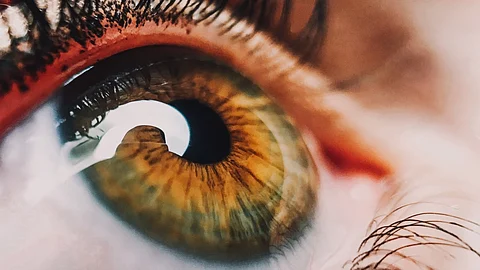Another challenge, reflecting the divide between eye care and general health care, is that medical insurance, except for children, often covers only eye care aimed at diagnosing or treating diseases. More health plans are covering routine eye exams these days, but that generally does not include the type of test used to determine eyeglass and contact lens prescriptions — or the cost of the lenses. You may need separate vision insurance for that. Ask your health plan what’s covered.
Since being diagnosed with glaucoma 15 years ago, I’ve had more pressure checks, eye exams, eyedrops, and laser surgeries than I can remember. I should know not to take my eyesight for granted. And yet, when my peepers were filling with that vision-threatening fog last March, I felt oddly sanguine.
It turned out that those serial pressure spikes were triggered by an adverse reaction to steroid-based eyedrops prescribed to me following cataract surgery. My ophthalmologist told me later that I had come “within hours” of losing my eyesight.
I hope my brush with blindness can help inspire people to be more conscious of their eyes.


